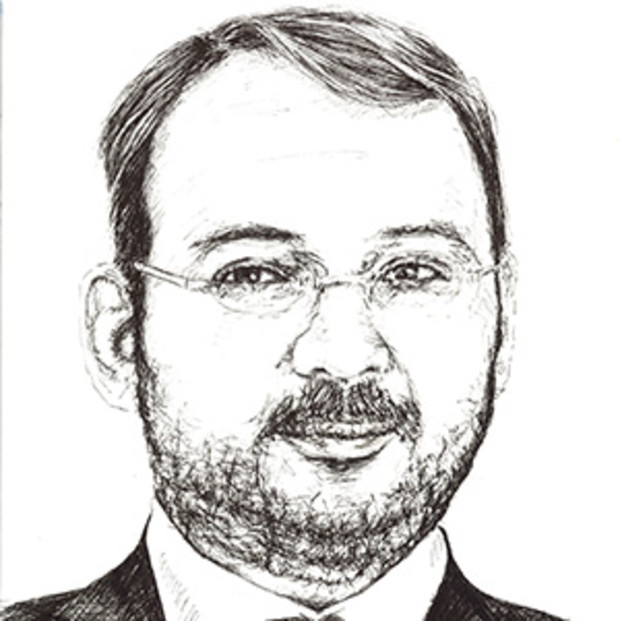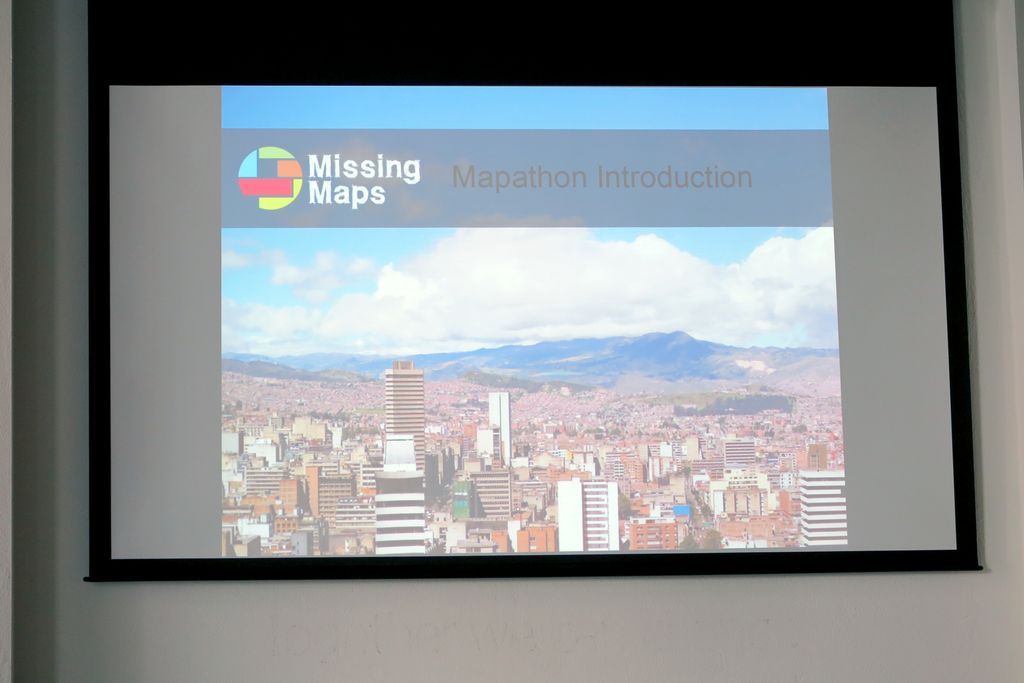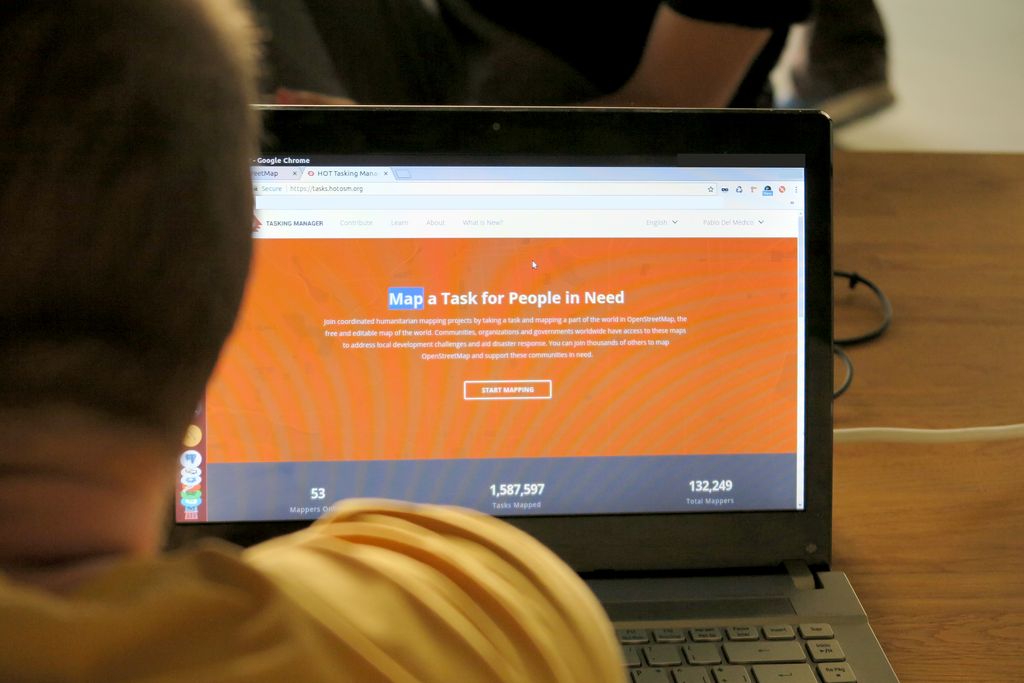Reporters Without Borders: Posteo supports the Press Freedom Awards
Created on 10. September 2019, 14:00 | Category: Blog
Dear Posteo customers,
The Press Freedom Awards given by Reporters Without Borders (RSF) honours particularly courageous and independent journalists who will not be silenced despite adverse circumstances and great danger to life and limb. Posteo is donating the prize money for the “Courage” category in journalism.

It’s a pleasure for us to be able to support courageous media representatives in such a way. On September 12th, the Press Freedom Awards will be held in Berlin for the first time.
This year’s nominees for three prize categories hail from 12 different countries. Among them is a Russian investigative journalist who has already been the target of multiple attacks, a Vietnamese journalist who has been beaten and imprisoned because of her work as well as Pakistan’s oldest daily newspaper that has been repeatedly harrassed by officials.
The nominees from the “Courage” category sponsored by Posteo

Igor Rudnikov (Russia) – There have been multiple attacks directed towards the founder of the independent newspaper Novye Kolesa because of his research on corruption and public fund embezzlement. Furthermore, he was arrested because of his work. In prison he continued to write articles and a book that contains the quote: “Thought cannot be handcuffed or thrown in prison. It will always be free.”

Eman Al-Nafjan (Saudi Arabia) – The blogger and journalist has campaigned massively for women to be allowed to drive cars and to have more rights. Because of this, she was arrested. Currently she has been temporarily freed. She created the website SaudiWoman.me and writes for international media outlets like the British newspaper The Guardian and the New York Times. Since mid-2018 the state has also permitted women to drive cars.

Paolo Borrometi (Italy) – He is regularly threated with death because of his fearless reporting about the mafia and is constantly under police protection. He writes for the newspaper Giornale di Sicilia and his own website La Spia.

Lola Aronovich (Brazil) – The blogger has made a name for herself with her feminist texts and commitment to women’s rights. At the same time she has been treated increasingly with hostility. She receives hundreds of death threats online. Since 2018, a law has been put into effect in Brazil that enhances traceability for misogynistic crimes online. It has also been called the “Lola Law”.
Premiere in Germany
The non-government organization, Reporters Without Borders has been presenting the Press Freedom Awards for 27 years now. Traditionally the event takes place in France – the country where RSF was founded. To celebrate 25-years since its creation, the German section of the organisation is hosting the awards ceremony this year.
The awards recipients will be announced on September 12th in the Kammerspiele of Deutsche Theater in Berlin. The jury is made up of presidents from the seven global RSF sections. It will also include the so-called Emeritus Board, which consists of men and women that have rendered outstanding services in various areas of human rights and freedom of speech.
Our support
It is important to us to encourage social engagement and to take responsibility as a company. We therefore support selected charitable organisations in the areas of climate and environmental protection, internet politics and freedom of opinion, as well as refugee aid.
Best regards,
The Posteo Team


